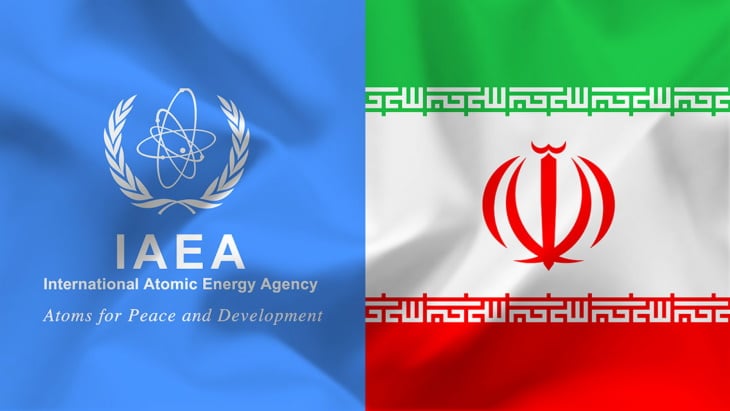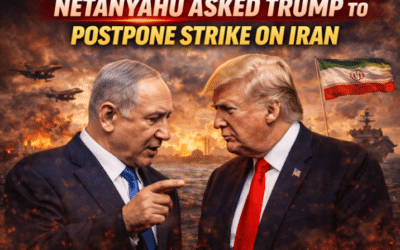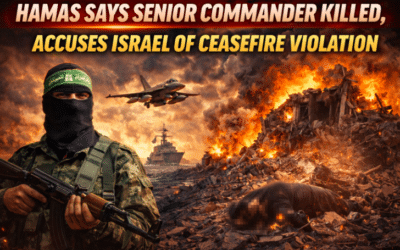Two-thirds of the UN nuclear watchdog’s Board of Governors, comprised of 35 nations, endorsed a non-binding statement pressuring Iran, Reuters reported on Thursday. This comes as Washington expands its “maximum pressure” campaign, devastating the Iranian civilian population. Any remaining hopes of reviving the Joint Comprehensive Plan of Action (JCPOA) continue dwindling.
On Wednesday, the statement was put forward by the United States, Britain, France and Germany. It presses Tehran to explain why trace uranium particles were discovered years ago at three undeclared sites.
The International Atomic Energy Agency (IAEA) probe into the sites has long been a controversial subject as Washington and Tel Aviv regularly use it to thwart diplomacy when it seems Iran is making progress during talks to save the JCPOA.
Earlier in the year, Iran made an agreement with the Vienna-based IAEA and provided its full documentation on the situation, hoping to resolve the issue. Under the influence of Washington, however, the IAEA has refused to change its position and maintains that Iran has been uncooperative.
In June, the US and the E3 put forward a resolution expressing “profound concern,” censuring Iran for its ostensible non-cooperation. The resolution passed with three abstentions. Only Russia and China opposed the measure. The IAEA claims there has been no progress or engagement with Tehran since then.
At the time, the Iranians described the resolution as “unconstructive” and disconnected several IAEA cameras from its nuclear sites in response. The monitoring agreement the IAEA had with Iran over the footage being voluntarily collected had long expired. In order for a new monitoring agreement to be made between Tehran and the IAEA, Biden would have to return to the JCPOA. Iran is still complying with its IAEA safeguards agreement as a signatory of the Non-Proliferation Treaty.
This week’s statement reaffirmed support for the previous resolution. “We call upon Iran to act immediately to fulfill its legal obligations and, without delay, take up the (IAEA) Director General’s offer of further engagement to clarify and resolve all outstanding safeguards issues,” the statement presented by Berlin to the board said. Far fewer countries endorsed Wednesday’s statement than voted for the June resolution, with Russia and China once again withholding support.
Tehran has called for an end to this probe and says, by providing all documents relating to the undeclared sites, it already fulfilled its obligations. At any rate, the particles pose no known proliferation risk.
There remains enormous pressure from the Israelis on both the Americans and the Europeans to refuse to accept Iran’s explanations or close the probe. Iranian President Ebrahim Raisi has said in order for the JCPOA to succeed, the endless IAEA inquiry must end. The E3 recently issued a joint statement saying this demand indicates that Iran is not serious about nuclear negotiations, though Tehran remains in the deal, and it is the Europeans who have left their obligations unfulfilled.
Israeli Prime Minister Yair Lapid recently visited Germany to pressure Berlin not to support a revival of the nuclear deal. As a result, Chancellor Olaf Scholz is now saying he believes the JCPOA will not be restored anytime soon. In recent weeks, Tel Aviv dispatched multiple top national security officials to Washington, partly to ensure the probe continues. The subject of how the particles were discovered is still questioned. The sites were discovered after the Israelis presented the UN watchdog with secret intelligence. The IAEA has no safeguards agreement with Tel Aviv because of its large clandestine nuclear weapons arsenal, which also makes billions in yearly US aid to the Jewish state illegal.
































